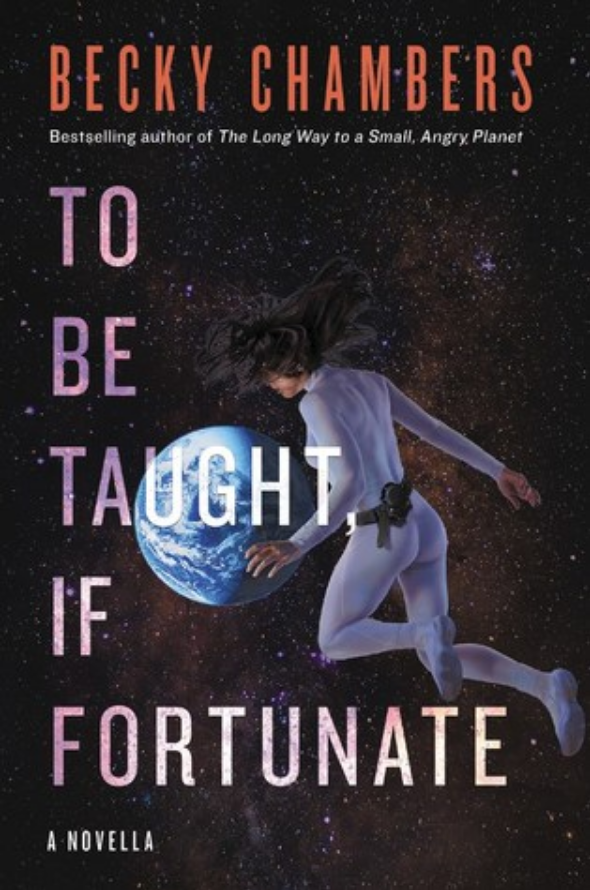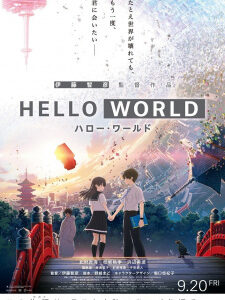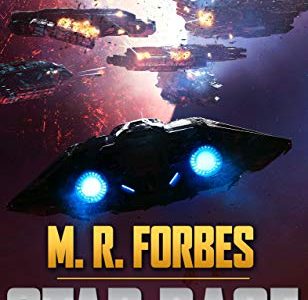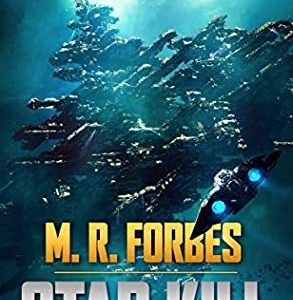Pros
- Some realistic discussion of a how hypothetical research trip to planets far away might look
- Story is a return to the fun, realistic exploration of science fiction elements
- Some interesting ideas and philosophical discussion
- Good character development that makes characters relatable
Cons
- Some discussion, perhaps meant to humanize the characters, doesn’t seem necessary given the brevity of the story
- Perhaps a bit too much explaining at some points
To Be Taught, If Fortunate Review
To Be Taught, If Fortunate by Becky Chambers reminds me of one of my favorite animated shorts titled Hoshi no Koe, or Voices of a Distant Star, directed by Makoto Shinkai. Both Chambers and Shinkai do an amazing job at illustrating the vast distances of space and the consequences space travel have on the people on either end.
What I appreciate from To Be Taught, If Fortunate is the fine balance of the history from Earth intertwined with the current and ongoing explorations conducted by scientists. Reading the story is almost reminiscent of reading an explorer’s journal entry, giving the entire story a sense of intimacy that would otherwise be missing from a more objective storytelling perspective.
As I read the story, I was inspired by what our own scientists might discover if they too were setting foot on a hospitable world. What might the discoveries teach us about the universe? About ourselves? Or about our own place in the universe? The discoveries and their revelations make space travel and exploration all the more important.
What Chambers also does really well is to portray characters in a fallible manner, making them more relatable for readers. So many characters who are scientists fall into a stereotype of being far too scientifically objective, almost like emotionless automatons. But the scientists in this story are humanized, fallible just like any other human. They experience emotions like regret, fear, and resentment, emotions that readers don’t necessarily ascribe to astronauts who’ve signed up for long journeys.
As the story progresses, the focus shifts from the wonders and dangers of space exploration to more insightful questions and thoughts. These characters have sacrificed a lot to explore alien planets with the knowledge that one day, they’d return to a home. But that home is likely to be drastically different given the passage of time. Families, friends, places, and even the very routine of life would be gone or different, and the effect that this knowledge has on the scientists is an interesting aspect of the story.
To Be Taught, If Fortunate by Becky Chambers is an excellent novella that explores the consequences of a type of slow space travel many science fiction writers ignore precisely because this method results in too many changes. The result is a story about characters who are torn between their desire for home and their scientific curiosity. Chambers manages to make readers feel that same tension: the desire to discover the fate of Earth and the desire to explore the cosmos. Those who enjoy more hard science fiction will definitely enjoy reading this story.



